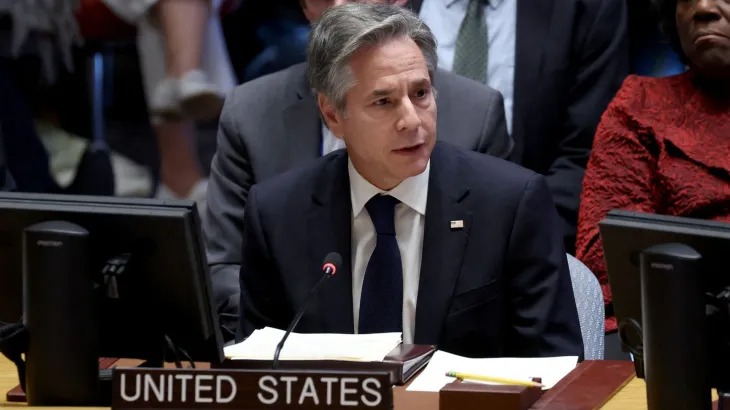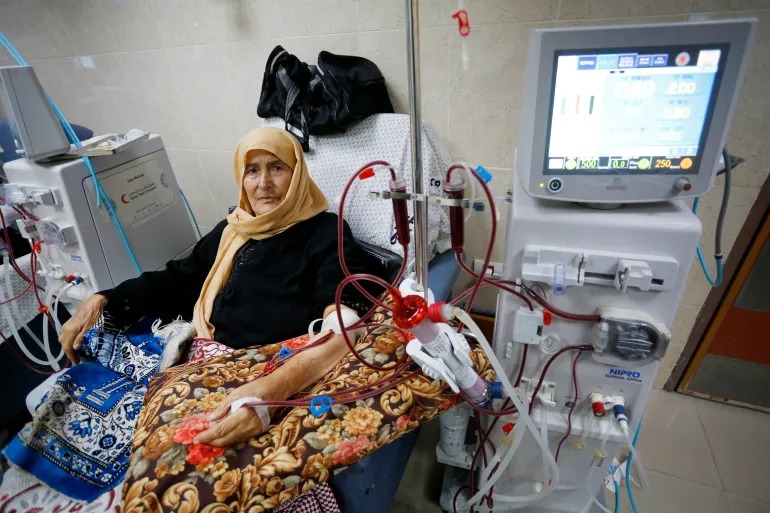The United Nations Security Council convened its first-ever open debate on the Israel-Gaza war, a conflict that has left an indelible mark on the global conscience. The debate, held amidst mounting concerns about the humanitarian crisis in Gaza, saw a chorus of voices from the international community calling for an immediate ceasefire to end the relentless bombardment affecting Palestinian civilians. However, the United States, a staunch ally of Israel, stood firm in resistance, highlighting its commitment to emphasizing Israel’s right to self-defense.
The 15-member Security Council, with its five permanent members wielding veto power, has grappled with the challenge of formulating a resolution capable of bringing an end to the violence. Just last week, the United States vetoed a resolution backed by a majority of the council, asserting that it did not adequately underscore Israel’s right to self-defense. This marked a significant roadblock in the council’s efforts to address the crisis. A Russian-drafted resolution met a similar fate, further deepening the impasse.
International Calls for Ceasefire Grow Louder
In a pivotal session at the United Nations Security Council, world leaders have reiterated their calls for an immediate ceasefire in the ongoing Israel-Gaza conflict. This session marked the first open debate on the conflict, during which numerous countries expressed their concerns over the humanitarian crisis unfolding in Gaza. The international community’s appeals for a cessation of hostilities were met with resistance from the United States.
US Vetoes Ceasefire Resolution, Stresses Israel’s Right to Self-Defense
The Security Council, comprising 15 member states, including the United States and Russia with veto power, has faced challenges in reaching a consensus to end the violence. Last week, the US used its veto power to block a resolution supported by 12 other council members that called for a pause in the fighting. The US argued that the resolution did not sufficiently emphasize Israel’s right to self-defense. A previous Russian-drafted resolution met a similar fate.
UN General Assembly Called to Action Amid Rising Humanitarian Concerns
The debate witnessed nearly 90 countries participating, including numerous foreign ministers and deputy ministers, all echoing the urgent need for a ceasefire and a halt to attacks on Palestinian civilians. While the Security Council remains deadlocked, Jordan and Russia, among other nations, have called for a meeting of the UN General Assembly. Resolutions there may be non-binding, but they hold significant symbolic weight.
The stalemate continues, but the urgency to address the Israel-Gaza conflict and its catastrophic effects on civilians has never been more palpable. In the face of this impasse, the world watches, hoping for a swift and peaceful resolution to a crisis that has caused immeasurable suffering.
















